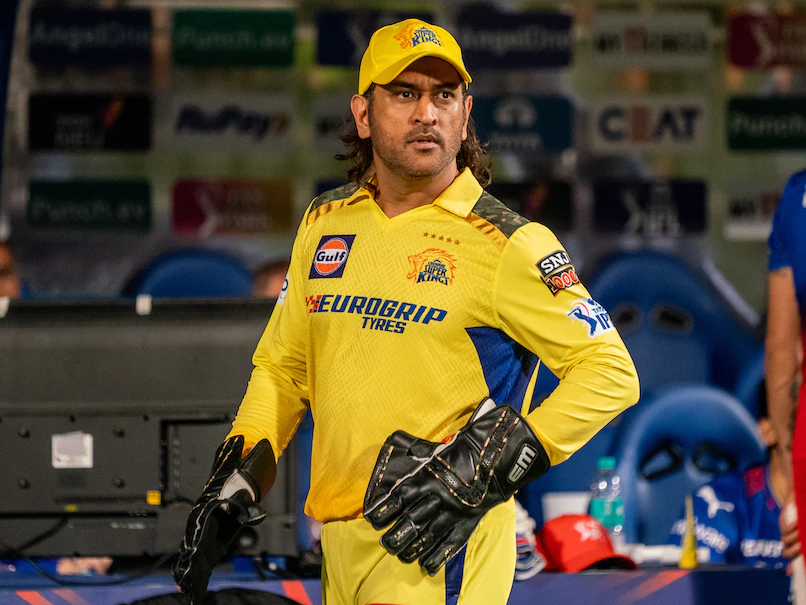Former Chennai Super Kings (CSK) skipper MS Dhoni recently voiced his concerns regarding the Impact Player rule in the Indian Premier League (IPL). While discussing the effect of the rule on the strategy of teams and results of the match, Dhoni confessed that he felt the rule was not needed at first, although the rule has helped shape the game in some ways.
The Impact Player rule, which was introduced in 2023, enables teams to replace a player during the game, providing them with greater flexibility and strategic depth. Dhoni pointed out that although the rule has resulted in more scoring games, he feels that the scoring is more a function of changing player attitudes than the rule itself. To him, the rule has increased team confidence, especially for batters since they feel safer knowing that another player can be brought in whenever needed.
Dhoni noted that the chance to include an extra batter or bowler enables teams to be aggressive without worrying about exposure. “With an extra batter, it gives the team freedom of mind to play more boldly. But at the same time, I don’t believe the rule was necessary to enhance the level of the game,” Dhoni said.
Though he was doubtful at first, Dhoni realized that the regulation has introduced an extra dimension in the game strategy. It has enabled teams to respond to the situation of matches better, leading to more engaging and competitive encounters. Nevertheless, he indicated that the real test is striking a balance between the depth of strategy and retaining the essence of the game.
Dhoni’s views reflect his deep understanding of the sport and his focus on maintaining the integrity of the game while adapting to modern changes. As the IPL continues to evolve, his perspective raises important questions about how much innovation is beneficial without compromising the essence of cricket.
The Impact Player rule has undoubtedly changed how teams approach matches, but Dhoni’s cautious stance highlights the importance of evaluating whether such changes enhance the sport or simply complicate it. His insights are likely to influence future discussions on the rule’s long-term impact on the IPL and cricket as a whole.









